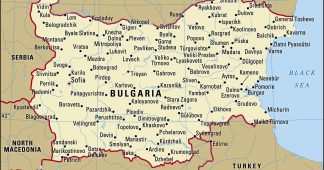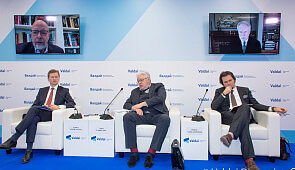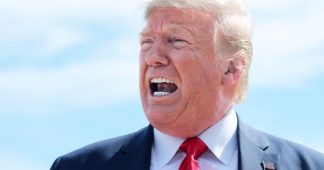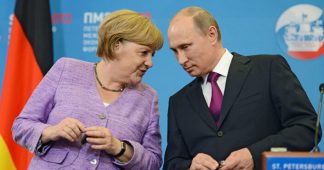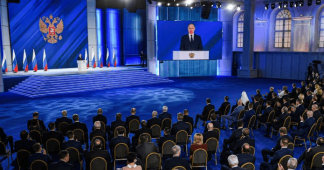On June 30, the Valdai Club hosted a discussion titled “The Global Ideological and Spiritual Landscape and Russia’s Place on the New Values Map of the World”.
Watch the video HERE
In the context of the current military conflict and termination of Russia’s relations with the West, the gap between officially postulated ‘Russian values’ and Western ones is of particular importance. The policy of constructing and promoting alternative/traditional values has become a significant factor in achieving certain foreign policy interests. Within the framework of the relationship between values and interests, values began to be perceived not only as a basic social phenomenon that determines interests, but also as a tool for promoting interests. Therefore, the question of whether values or interests are primary in politics has acquired a multidirectional dimension.
Undoubtedly, ideological and spiritual values serve as the basis of society’s structure; they set the tone for socio-cultural activities and determine its vector of development. During the active period of globalisation, the cultures of various societies penetrated beyond the boundaries of these societies, which led to a gradual change in value landscapes and blurring of the identity of individual states and regions. The dominance of Western culture, which spread through cinema, music, literature and the social media, supplanted local worldview norms that shape the value compass and identity of nations. The Western-centric view of human rights, the emergence of a “new ethic” and the spread of ideological maxims that are culturally alien to many countries have led to a growing discussion about the need to restore cultural and ideological sovereignty and protect values.
Within the framework of the Russian historical and value narrative, Russia has been a spiritual compass for states for centuries, playing a central role as a defender of the Christian faith as early as the 16th century. Five centuries later, it retains its traditional values along with the democratic ideals of a progressive society. In this context, the question arises about the vector of Russia’s spiritual development and its future understanding of itself amid the changes in the world order, the crisis of liberalism and worldview fragmentation of the world.
During his speech at the annual meeting of the Club in 2021, Russian President Vladimir Putin noted that deep value and ideological rifts should be prevented from emerging, and for this purpose Russia will be guided by the ideology of healthy conservatism, which will lead to the formulation of a national idea. The task of preserving a native system of values and identity remains relevant.
How can modern ideological and spiritual values be characterised? What is the place of Russia on the global values map in the current international political conditions? In what direction is the global spiritual and ideological development moving? What is the fate of the Western-centric approach and the primacy of European values? Participants in the discussion addressed these and other issues.
Speakers:
- Oleg Barabanov, Programme Director of the Valdai Club
- Konstantin Bogomolov, Director, Artistic Director of the Theatre on Malaya Bronnaya
- Andrey Fursenko, Assistant to the President of the Russian Federation, Minister of Education and Science of the Russian Federation (2004–2012)
- Dimitris Konstantakopoulos, Ex-Adviser to Greek Prime Minister Andreas Papandreou, Ex-Member of the Secretariat of the SYRIZA Party
- Dmitri Trenin, Member of the Council on Foreign and Defence Policy
- Liu Zhiqin, Senior Research Fellow at the Chonyang Institute for Financial Studies at Renmin University of China (RDCY).
Moderator:
- Andrey Bystritskiy, Chairman of the Board of the Foundation for Development and Support of the Valdai Discussion Club.
We remind our readers that publication of articles on our site does not mean that we agree with what is written. Our policy is to publish anything which we consider of interest, so as to assist our readers in forming their opinions. Sometimes we even publish articles with which we totally disagree, since we believe it is important for our readers to be informed on as wide a spectrum of views as possible.
